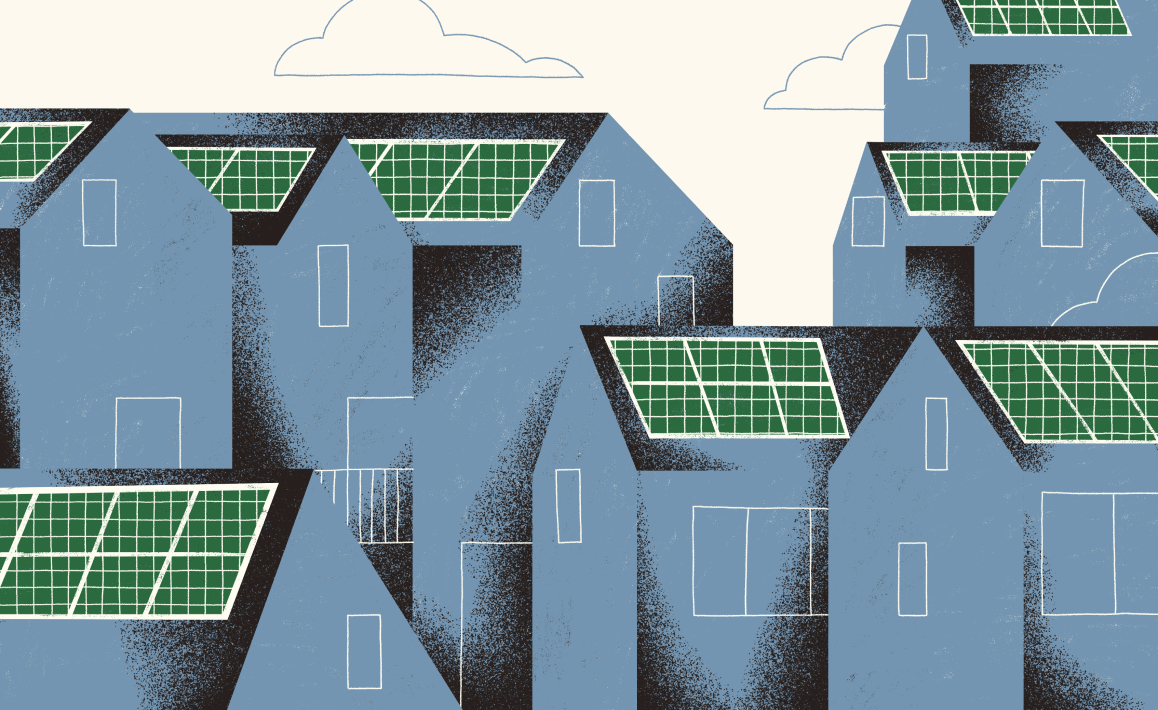Updated 23 October, 2022
Where should I start?

It is necessary to consider some important elements before entering the world of real estate investment.
First of all, being here and reading about investment is the ultimate first step towards financial freedom, and you should feel proud about it. Here are some steps and stuff we think might help you:
Get pre-approved for a mortgage loan.
It all depends on your income, liabilities, credit history and your monthly saving capacity. The rule of thumb is that the loan installments do not exceed 25% of your monthly income.
Set some goals
Having clarity on whats important to you can make the decision process easier and help you avoid analysis paralysis by narrowing down the sea of options out there for investing. Some things to consider before embarking on your investment journey:
Budget
Set a monthly expenditure threshold that makes sense for you (and your pocket) and be true to it.
Risk tolerance/performance
This is not absolute, but sometimes lower yielding properties tend to be safer investments and higher yielding properties come with more risk. Both are options for you, as long as you define why you are investing and what you hope to achieve. Are you looking for more monthly cash flow, more stability, or something in between?
Appreciation
It is the increase in value of your investment property over time. If higher monthly cash flow isnt as important and youre more interested in building equity over time, you can focus on properties with higher appreciation potential. Knowing this will help you narrow down your choices.
CapRate
Capitalization Rate or CapRate, is an equation used for calculating the percentage of annual cash flow that a property leaves in relation to its sale value or initial capital.
It’s calculated by dividing the Net Operative Income (NOI) with the purchase price of the property. NOI/Property Value = Cap rate For example:
Property market value: $80.000.000 CLP
Net Operative Income: $4.200.000 CLP
Calculate the costs associated with your investment
From closing costs to unexpected vacancies to renovations and repairs, it's very likely that your operating costs will be higher than you initially expected. This doesn't mean you made a bad investment, but rather that your expectations about potential operating expenses may have been underestimated from the start. Some costs are easy to predict, these include basic operating expenses, closing costs and other assumptions stated in your financial papers, such as property taxes, management fees and insurance. Other expenses are impossible to foresee and simply come along with the risks of owning a rental property. We suggest you keep a minimum contingency fund of about 1-2% of the purchase price.
The property you buy doesnt have to be in a place where you would live.
We know that it is difficult not to judge a building based on the appearance of its façade. It is one of the most common mistakes when choosing a property, especially if you are just starting out on this path. Remember that investing in a property does not mean you are choosing a place to live. Instead, ask yourself what kind of tenants would be interested in that place. Perhaps a group of students, a family looking for nearby schools, or maybe someone who needs to live near the airport, different needs for different people. Investing is not about meeting personal preferences, but whether the property will bring you the kind of return you are looking for.
The neighborhood is just as important as the construction.
Location is one of the most important factors to consider when investing because it affects directly on the asset’s profitability. When looking for a property to invest, try asking yourself these three simple questions:
- Is it close to public transport?
- Are there any services around the area (schools, supermarkets, hospitals, etc.)?
- Does it have a diversified economy?
Find out what you should invest in today.
Build your wealth with real estate investments that fit your profile.
Start now
